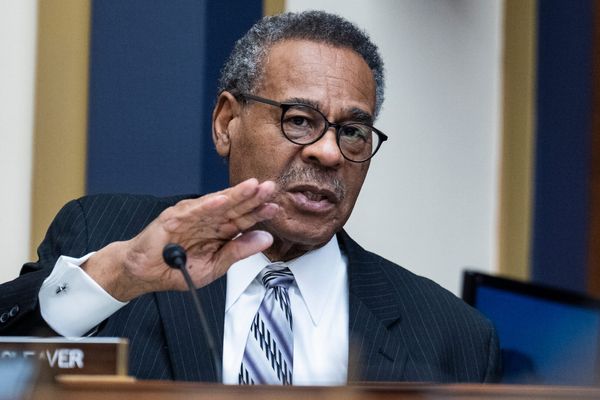The Federal Reserve's primary inflation rate, the core PCE price index, rose a bit more than expected in May, further diminishing the already slim odds of a July rate cut. The S&P 500 rose modestly as the benchmark index opened in record territory.
Markets, which expected a tamer inflation report, already anticipated a June bump in prices due to Trump tariffs. With inflation above target and fiscal stimulus on the way from the One Big Beautiful Bill Act, the Fed won't cut without a further cooling of the labor market.
PCE Inflation Data
The overall personal consumption expenditures price index rose 0.1%, as expected. The 12-month headline PCE inflation rate ticked up to 2.3%, also matching views, from an upwardly revised 2.2% in April.
The core PCE price index rose 0.2% vs. 0.1% forecasts. The 12-month core inflation rate rose to 2.7% vs. 2.6% estimates. The prior month's inflation rate was revised up to 2.6% from 2.5%.
Core PCE goods prices rose 0.3%, "showing some modest early pressure from the tariffs," wrote Samuel Tombs, chief U.S. economist at Pantheon Macroeconomics.
Personal Income, Spending
Personal income fell a surprising 0.4% on the month, though economists expected a 0.3% rise. Social Security legislation helped skew April income numbers.
Personal consumption dipped 0.1%, defying forecast of a 0.2% rise.
"Consumers' spending looks far weaker after its decline in May and significant downward revisions to the earlier months," Tombs wrote.
Trump Pressures The Fed
President Donald Trump doesn't want to wait for the labor market to weaken before the Fed starts cutting. While he won't fire Fed Chairman Jerome Powell before his chairmanship ends in May, he might name a replacement early to influence markets.
A couple of Trump appointees to the Federal Reserve Board of Governors, Christopher Waller and Michelle Bowman, have already expressed openness to a July rate cut.
Markets will closely watch for the risk that Fed policy becomes too easy, keeping inflation above target.
"A dovish early Fed nominee would increase volatility in rates and FX (foreign exchange) as markets reassess the credibility of U.S. monetary policy," BCA Research wrote in a new note.
Tapping a dovish appointee to undermine Fed Chair Powell "would signal lower short-term rates, but if seen as politicized, the signal that the Fed is less committed to its inflation mandate would drive long-end yields higher."
S&P 500
The S&P 500 rose 0.5% in early Friday stock market action. News that Beijing has lifted most rare-earths export restrictions has kept markets upbeat.
The S&P 500 rose 0.8% on Thursday, ending just 0.05% off the Feb. 19 all-time closing high.
On Friday, the 10-year Treasury yield rose three basis points to 4.28% after falling to an eight-week low on Thursday.
Be sure to read IBD's The Big Picture column after each trading day to get the latest on the prevailing stock market trend and what it means for your trading decisions.







